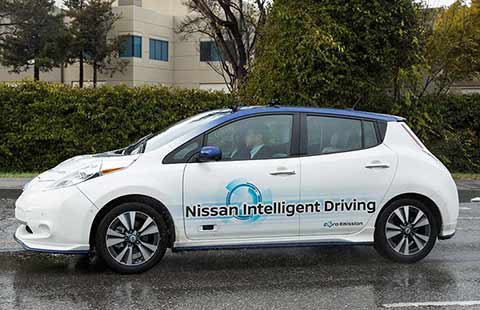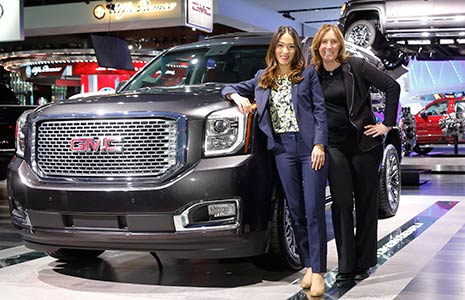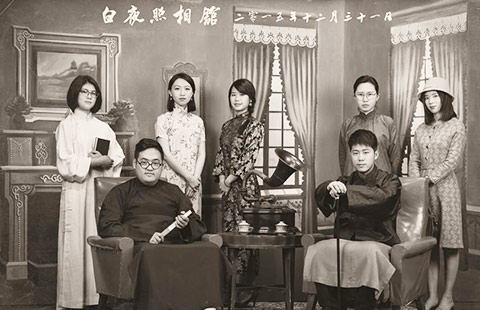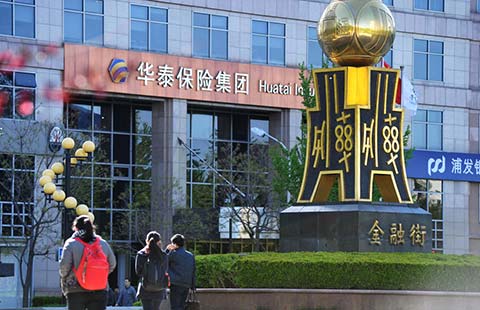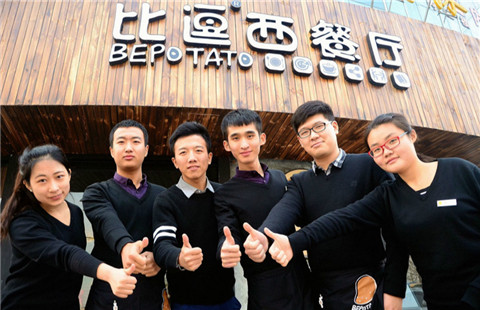Midea, Haier bid for GE's appliances business
(China Daily) Updated: 2016-01-13 07:15
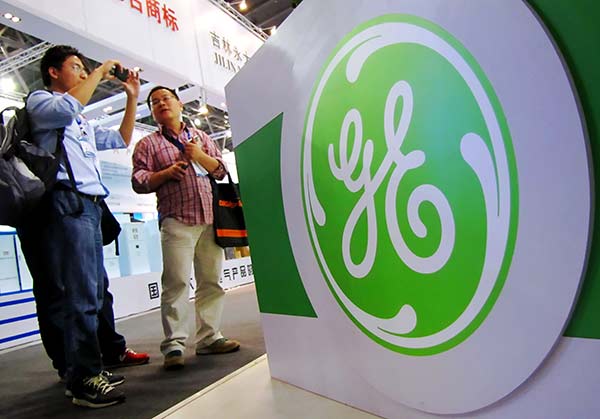 |
|
The stand of GE at an industry expo in Shanghai. [Photo by Jing Wei/China Daily] |
The unit has attracted separate offers of more than $3 billion from the Chinese companies, the people said, asking not to be identified as the information is private. Midea, China's biggest maker of air conditioners and rice cookers, is working with banks to arrange financing for a purchase, two of the people said. The Foshan-based company and Shandong-based Haier submitted offers last week along with at least two other potential buyers.
GE is seeking another suitor for the century-old appliances unit after the Electrolux deal collapsed following opposition from the United States Justice Department. The business is likely to fetch more this time than the $3.3 billion Electrolux agreed to pay, one of the people said.
The quick turnaround from the failed Electrolux deal supports GE Chief Executive Officer Jeffrey Immelt's effort to reshape the Fairfield, Connecticut-based company around industrial-manufacturing operations. He's selling the consumer-appliances business along with the bulk of GE's lending arm, while expanding divisions making products such as gas turbines, oilfield equipment and jet engines.
A sale to an Asian buyer is seen as more likely to get regulatory approval, because Asian competitors in this industry generally have a lower market share, RBC Capital Markets LLC said last month. Immelt said at a December investor meeting that there has been "significant inbound interest" in the business and that he expected to reach a deal early this year.
Midea is China's biggest manufacturer of consumer appliances, with a 17.1 percent market share in 2015, followed by Haier with 7.9 percent, Euromonitor International data showed. Haier had a 1.1 percent share of the US consumer appliances market last year, according to Euromonitor.
Haier Group Corp plans to expand in the North America market, according to a representative for the group, who declined to comment on whether the company has submitted a bid for GE's home-appliances business. Any offer for the unit would be made by the group, rather than its listed units, the representative said on Tuesday. Representatives for GE and Midea declined to comment.
This is at least GE's third attempt to unload the appliances business, which introduced an electric toaster in 1905 and a home electric washing machine in 1930.
The company said in 2008 it would explore options to sell or spin off the business over concerns it was too heavily tied to the tumultuous US market, but the effort was stymied by the financial crisis.
A sale would leave GE's light-bulb division as the company's only remaining consumer business. In 2014, the appliances and lighting unit generated $8.4 billion in sales, accounting for about 5.5 percent of GE's total revenue.
- China to remain global economy driver: Justin Yifu Lin
- China Telecom, Unicom join hands to take on China Mobile
- China's December exports up 2.3%, imports down 4%
- Struggling oil dips below $30 a barrel
- Alipay study: Smartphones are likely to replace wallets
- Road pricing vs car ban to control air pollution
- Auto sales hit record in 2015, but growth slows down
- Mainland still the bright spot in bleak wage environment, says study
